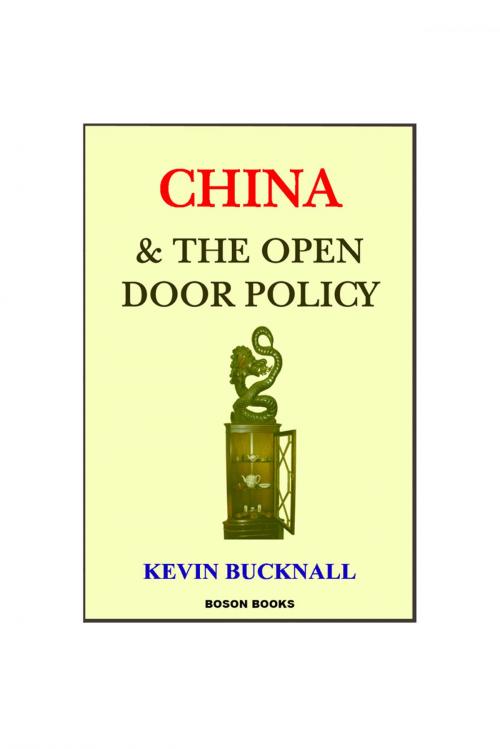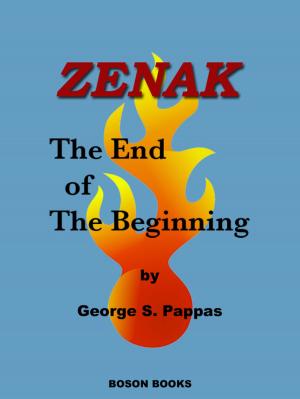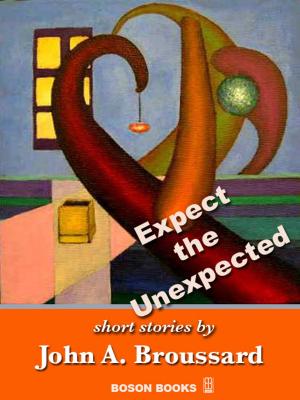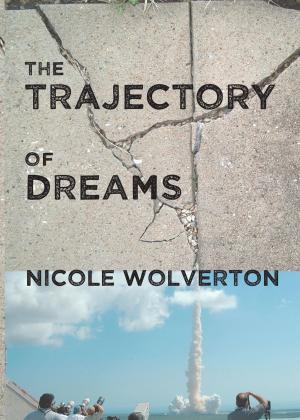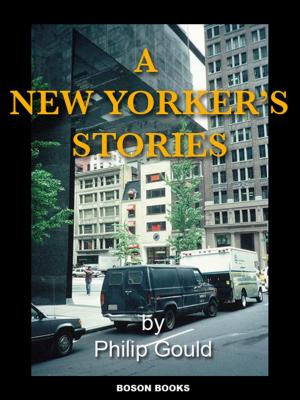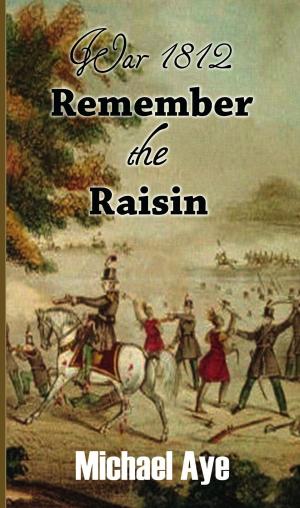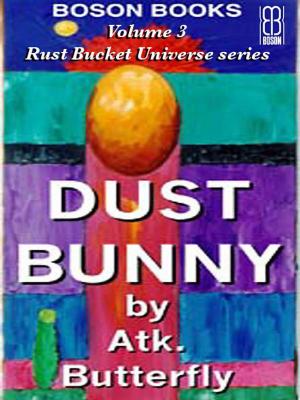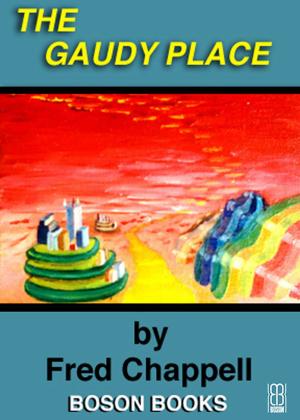China and the Open Door Policy
Nonfiction, History, Asian, China, Business & Finance, Marketing & Sales, Sales & Selling, Business Reference| Author: | Kevin Bucknall, Ph.D. | ISBN: | 9780917990724 |
| Publisher: | Bitingduck Press | Publication: | January 1, 2012 |
| Imprint: | Boson Books | Language: | English |
| Author: | Kevin Bucknall, Ph.D. |
| ISBN: | 9780917990724 |
| Publisher: | Bitingduck Press |
| Publication: | January 1, 2012 |
| Imprint: | Boson Books |
| Language: | English |
The areas of foreign trade, foreign investment, economic aid, and special economic zones are examined in detail and the rapid improvement in the economy after the adoption of the Open Door policy is explained.
After Maos death in 1976, followed by the rapid overthrow of the Gang of Four, the way was open for his successors to choose which path to follow. This book examines the reasons for the complex series of changes in policy after 1949, demonstrates why the Cultural Revolution itself led to a need for major change, reveals the political and economic options open after the death of Mao, and shows why the Open Door policy was finally chosen. The factors involved in this decision include the backward state of the domestic economy, the struggles and infighting within domestic politics, and the wider sphere of international relations.
China became communist in 1949 and following the lead of the Soviet Union, the leading communist nation of the day, established a centrally planned economy. Cracks in this soon began to emerge and by the mid 1950s a debate began about what was the proper way forward. Politics and economics became intertwined. The failure of the Great Leap Forward (1958-60) led to major economic problems and some starvation, and a more liberal political and economic line was adopted. The Great Leap Forward was the brainchild of Mao and its failure resulted in him being forced from centre stage. However, he fought back into power and initiated the Cultural Revolution in 1966. This period, exhilarating for some both in China and the West, had major negative effects on the economy and on much of society in general.
For an author bio, photo, a sample read, and reviews, visit bosonbooks.com.
After Maos death in 1976, followed by the rapid overthrow of the Gang of Four, the way was open for his successors to choose which path to follow. This book examines the reasons for the complex series of changes in policy after 1949, demonstrates why the Cultural Revolution itself led to a need for major change, reveals the political and economic options open after the death of Mao, and shows why the Open Door policy was finally chosen. The factors involved in this decision include the backward state of the domestic economy, the struggles and infighting within domestic politics, and the wider sphere of international relations.
China became communist in 1949 and following the lead of the Soviet Union, the leading communist nation of the day, established a centrally planned economy. Cracks in this soon began to emerge and by the mid 1950s a debate began about what was the proper way forward. Politics and economics became intertwined. The failure of the Great Leap Forward (1958-60) led to major economic problems and some starvation, and a more liberal political and economic line was adopted. The Great Leap Forward was the brainchild of Mao and its failure resulted in him being forced from centre stage. However, he fought back into power and initiated the Cultural Revolution in 1966. This period, exhilarating for some both in China and the West, had major negative effects on the economy and on much of society in general.
For an author bio, photo, a sample read, and reviews, visit bosonbooks.com.
The areas of foreign trade, foreign investment, economic aid, and special economic zones are examined in detail and the rapid improvement in the economy after the adoption of the Open Door policy is explained.
After Maos death in 1976, followed by the rapid overthrow of the Gang of Four, the way was open for his successors to choose which path to follow. This book examines the reasons for the complex series of changes in policy after 1949, demonstrates why the Cultural Revolution itself led to a need for major change, reveals the political and economic options open after the death of Mao, and shows why the Open Door policy was finally chosen. The factors involved in this decision include the backward state of the domestic economy, the struggles and infighting within domestic politics, and the wider sphere of international relations.
China became communist in 1949 and following the lead of the Soviet Union, the leading communist nation of the day, established a centrally planned economy. Cracks in this soon began to emerge and by the mid 1950s a debate began about what was the proper way forward. Politics and economics became intertwined. The failure of the Great Leap Forward (1958-60) led to major economic problems and some starvation, and a more liberal political and economic line was adopted. The Great Leap Forward was the brainchild of Mao and its failure resulted in him being forced from centre stage. However, he fought back into power and initiated the Cultural Revolution in 1966. This period, exhilarating for some both in China and the West, had major negative effects on the economy and on much of society in general.
For an author bio, photo, a sample read, and reviews, visit bosonbooks.com.
After Maos death in 1976, followed by the rapid overthrow of the Gang of Four, the way was open for his successors to choose which path to follow. This book examines the reasons for the complex series of changes in policy after 1949, demonstrates why the Cultural Revolution itself led to a need for major change, reveals the political and economic options open after the death of Mao, and shows why the Open Door policy was finally chosen. The factors involved in this decision include the backward state of the domestic economy, the struggles and infighting within domestic politics, and the wider sphere of international relations.
China became communist in 1949 and following the lead of the Soviet Union, the leading communist nation of the day, established a centrally planned economy. Cracks in this soon began to emerge and by the mid 1950s a debate began about what was the proper way forward. Politics and economics became intertwined. The failure of the Great Leap Forward (1958-60) led to major economic problems and some starvation, and a more liberal political and economic line was adopted. The Great Leap Forward was the brainchild of Mao and its failure resulted in him being forced from centre stage. However, he fought back into power and initiated the Cultural Revolution in 1966. This period, exhilarating for some both in China and the West, had major negative effects on the economy and on much of society in general.
For an author bio, photo, a sample read, and reviews, visit bosonbooks.com.
